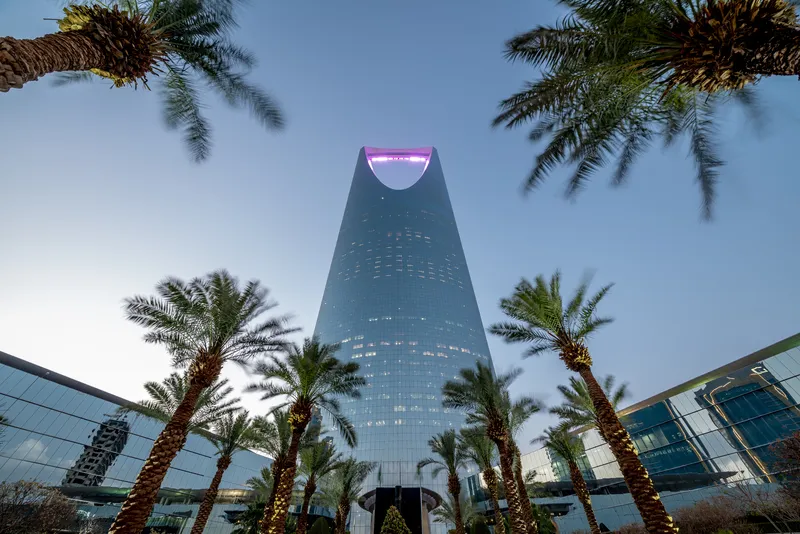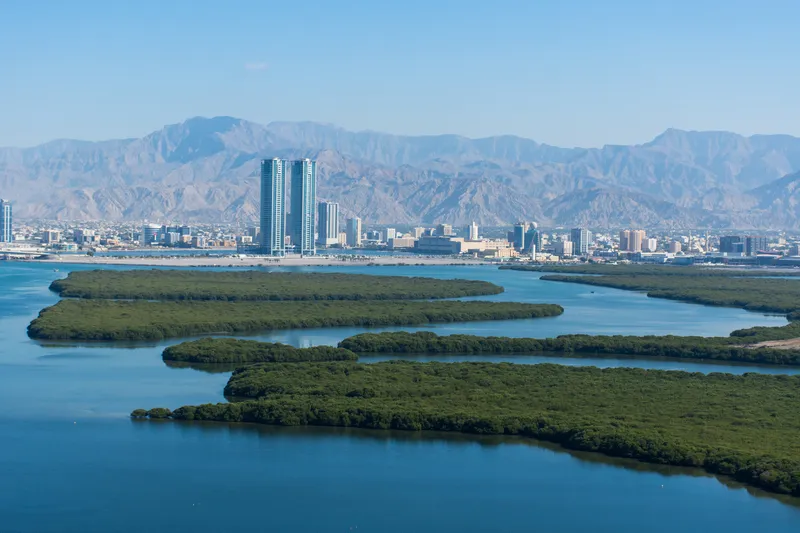The Traffic and Patrol Department of Sharjah Police has successfully increased road safety since the beginning of last year by utilising technologies new to the United Arab Emirates, designed to manage truck and heavy vehicle movements in the emirate - the highlight of their recent submission in to the Gulf Traffic Awards taking place at the Dubai World Trade Centre on 13-15 November.
Issues with heavy vehicles passing through the city without permits and other restricted zones have been a recurring pro
October 18, 2016
Read time: 2 mins
The Traffic and Patrol Department of Sharjah Police has successfully increased road safety since the beginning of last year by utilising technologies new to the United Arab Emirates, designed to manage truck and heavy vehicle movements in the emirate - the highlight of their recent submission in to the 553 Gulf Traffic Awards taking place at the Dubai World Trade Centre on 13-15 November.
Issues with heavy vehicles passing through the city without permits and other restricted zones have been a recurring problem in Sharjah, affecting both traffic congestion and road safety.
Working with a local vendor, Sharjah’s Traffic and Transport division developed a laser scanning system which would be used to detect vehicles through their size, said to be a first of its kind for the Middle East.
Trials of the new technology began in 2013; the system became fully operational in 2015 and within the first day it recorded a total of 444 violations. Throughout 2015, total recorded violations on trucks without permits reached 23,952 compared to 3995 in 2014, posting a 500 per cent year on year increase.
According to Lieutenant Saud Al Shaiba from the traffic awareness and media section of Sharjah Police, in 2016 six months after its implementation, the department recorded a rate of 90 per cent compliance in comparison with the pre-radar periods. Police also saw a 10 per cent decrease in traffic congestion and a four per cent decrease in traffic accidents over the radar installation period.
This new technology is also designed to support Sharjah’s 2021 Sustainability Plan, which is currently being drafted, aiming to reach the national goal of having three road fatalities per 100,000 people. The sustainability of this system is supported with the department’s plan of expanding the technology to detect other serious road offences such as tailgating, driving on the hard shoulder, not wearing a seat belt or driving while on the phone.
Taking the project a step further, the department is currently developing plans to transition the system to smart technology, meaning minimal resources will be required to manage to processes and it will be linked to all other relevant systems for enforcement and detection purposes.
Issues with heavy vehicles passing through the city without permits and other restricted zones have been a recurring problem in Sharjah, affecting both traffic congestion and road safety.
Working with a local vendor, Sharjah’s Traffic and Transport division developed a laser scanning system which would be used to detect vehicles through their size, said to be a first of its kind for the Middle East.
Trials of the new technology began in 2013; the system became fully operational in 2015 and within the first day it recorded a total of 444 violations. Throughout 2015, total recorded violations on trucks without permits reached 23,952 compared to 3995 in 2014, posting a 500 per cent year on year increase.
According to Lieutenant Saud Al Shaiba from the traffic awareness and media section of Sharjah Police, in 2016 six months after its implementation, the department recorded a rate of 90 per cent compliance in comparison with the pre-radar periods. Police also saw a 10 per cent decrease in traffic congestion and a four per cent decrease in traffic accidents over the radar installation period.
This new technology is also designed to support Sharjah’s 2021 Sustainability Plan, which is currently being drafted, aiming to reach the national goal of having three road fatalities per 100,000 people. The sustainability of this system is supported with the department’s plan of expanding the technology to detect other serious road offences such as tailgating, driving on the hard shoulder, not wearing a seat belt or driving while on the phone.
Taking the project a step further, the department is currently developing plans to transition the system to smart technology, meaning minimal resources will be required to manage to processes and it will be linked to all other relevant systems for enforcement and detection purposes.









